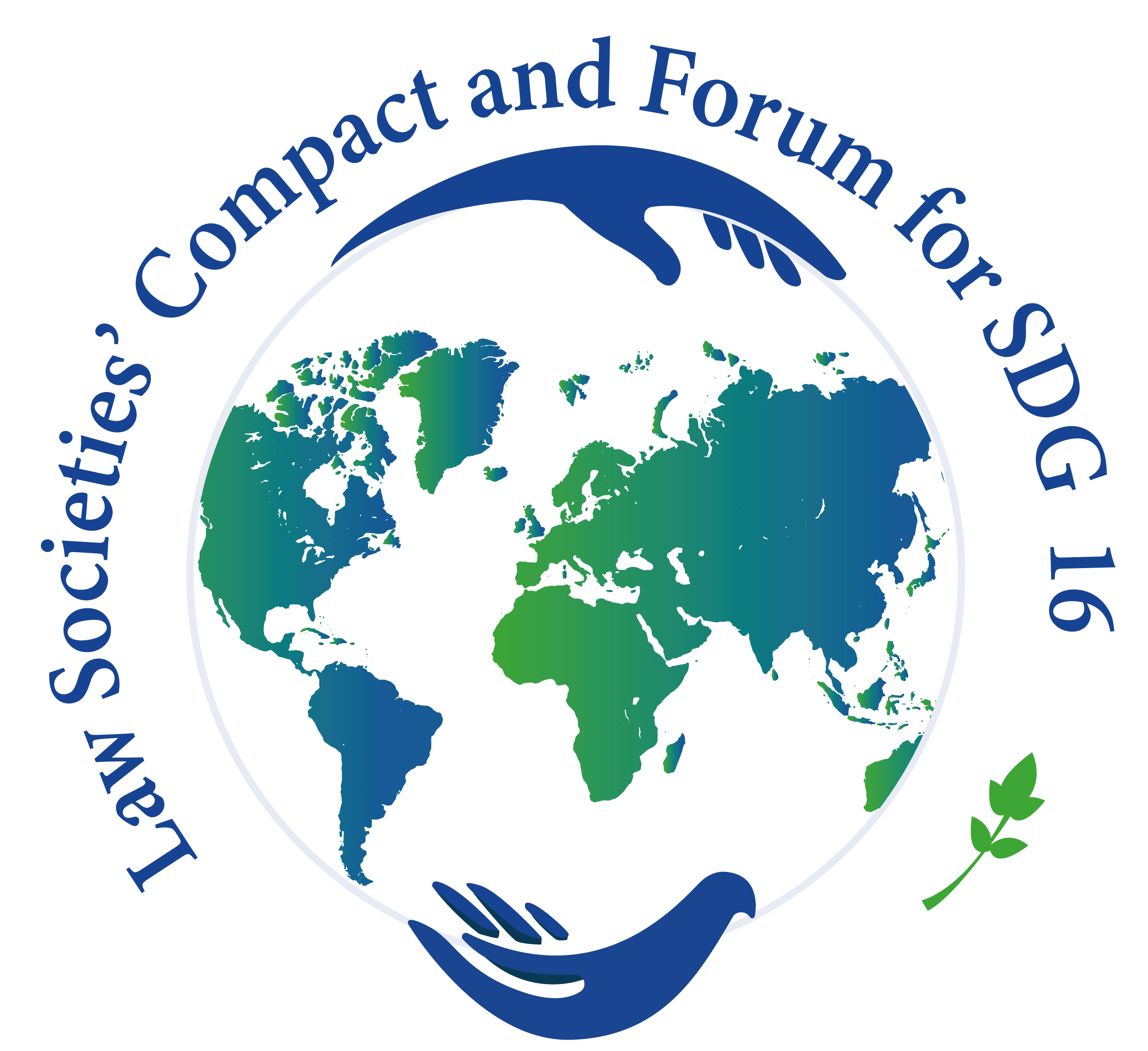The UN defines the Rule of Law as follows:
“A principle of governance in which all persons, institutions and entities, public and private, including the State itself, are accountable to laws that are publicly promulgated, equally enforced and independently adjudicated, and which are consistent with international human rights norms and standards. It requires, as well, measures to ensure adherence to the principles of supremacy of law, equality before the law, accountability to the law, fairness in the application of the law, separation of powers, participation in decision-making, legal certainty, avoidance of arbitrariness and procedural and legal transparency” (UN, S/2004/616, para. 6).
A breakdown in the rule of law is usually characterised by:
- an underdeveloped or outdated and ill-equipped governance framework;
- a fragmented and frequently ineffective legal and judicial system;
- a deterioration in civil liberties and transparency
- a significant lack of capacity and accountability of government institutions; and
- increased attacks on members of the legal profession and human rights defenders.
At present the rule of law is at risk. The Rule of Law Index 2020 of the World Justice Project saw a general decline in the rule of law globally for each year for the last three years. Establishing and maintaining the rule of law is a fundamental imperative in promoting social and economic development. Human security is at risk where violent crime is not prevented, prosecuted or corrected. Property rights cannot be enforced and, as companies are generally hesitant to do business in insecure environments, there is little incentive for foreign investment. As a result, individuals are forced to live in societies without access to justice, jobs, health or education. As economic growth becomes more difficult to sustain, development either comes to a (progressive or abrupt) halt or discontinues altogether, which may lead to increased social tensions and/or the escalation of internal conflict.
Any country adhering to the promotion and protection of the rule of law and human rights enhances its capabilities of economic development. Having a robust rule of law and an independent legal profession and judiciary help to create the right conditions for steady economic growth. In post-conflict societies and transitional democracies, this can also help to restore the trust in state institutions and legal procedures, especially in those jurisdictions where the state has been directly involved in the persecution and repression of its own citizens.
In jurisdictions where lawyers are unable to carry out their legitimate professional duties for fear of arrest, detention or intimidation, they cannot properly uphold the rule of law or effectively represent persons facing inappropriate or politically motivated criminal proceedings or help them pursue domestic and international remedies for the violation of their human rights. In these jurisdictions, some bar leaders, lawyers and judges carry out their professional duties at the expense of their personal safety, including by risking their lives.
